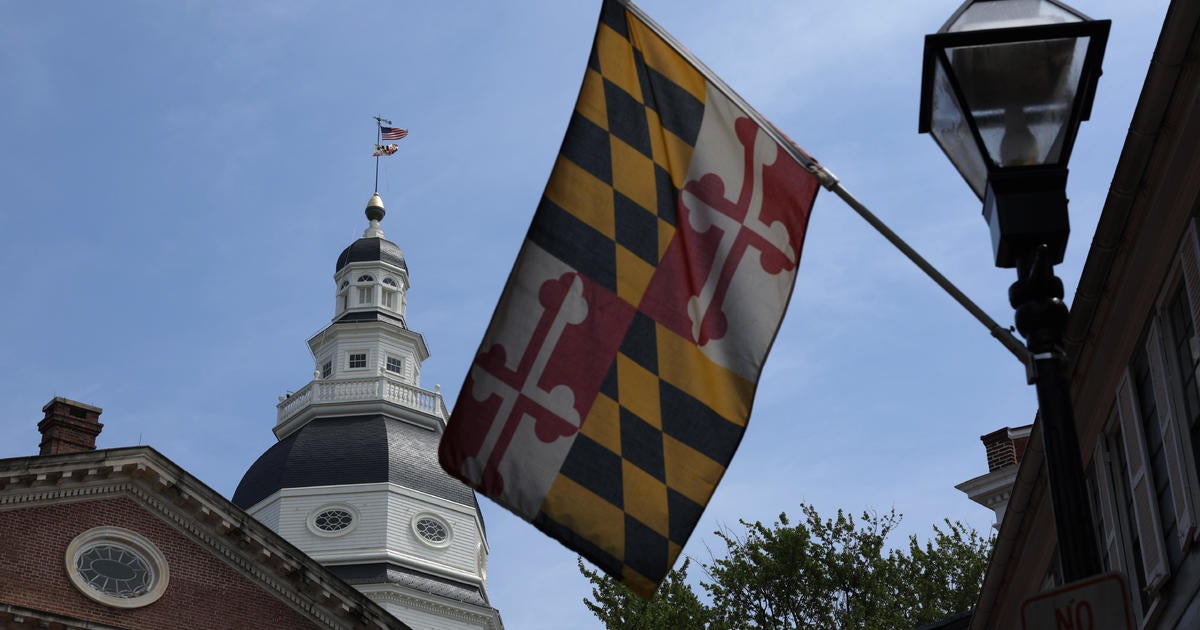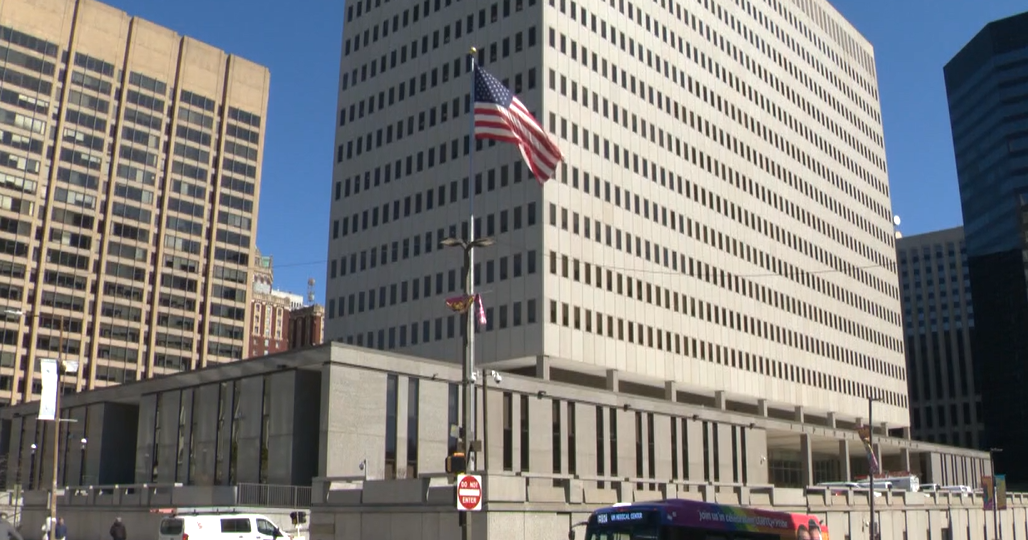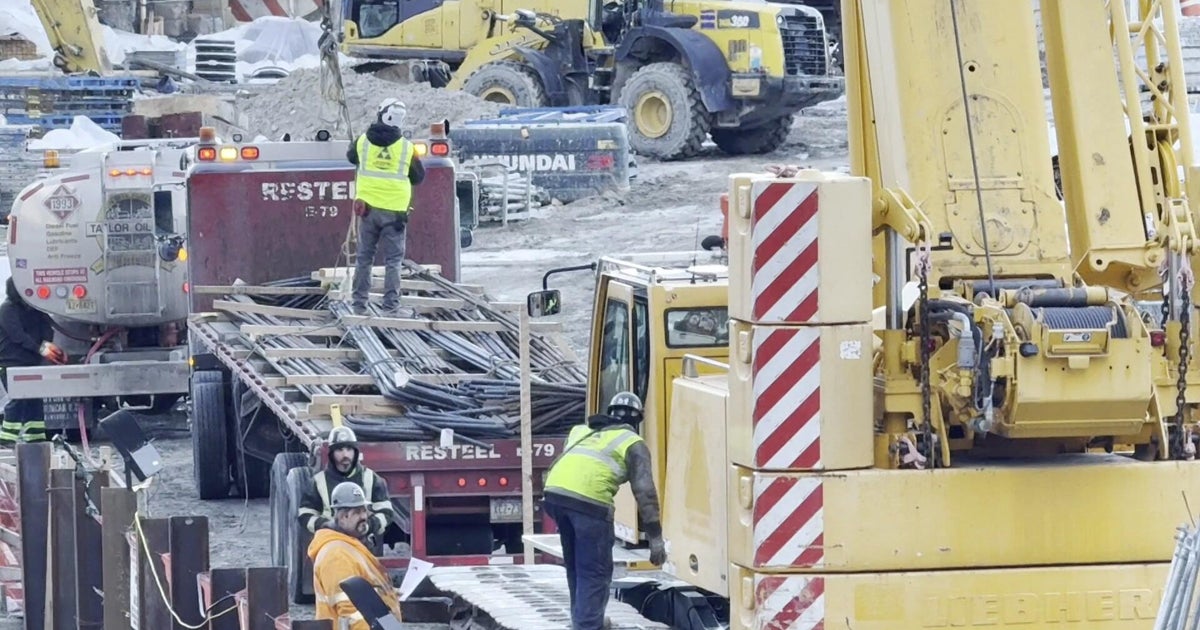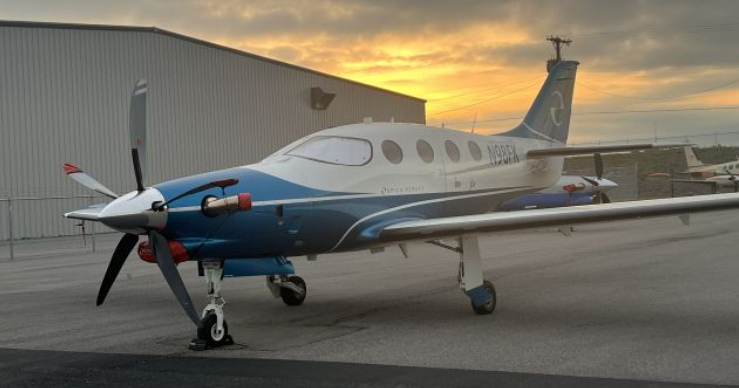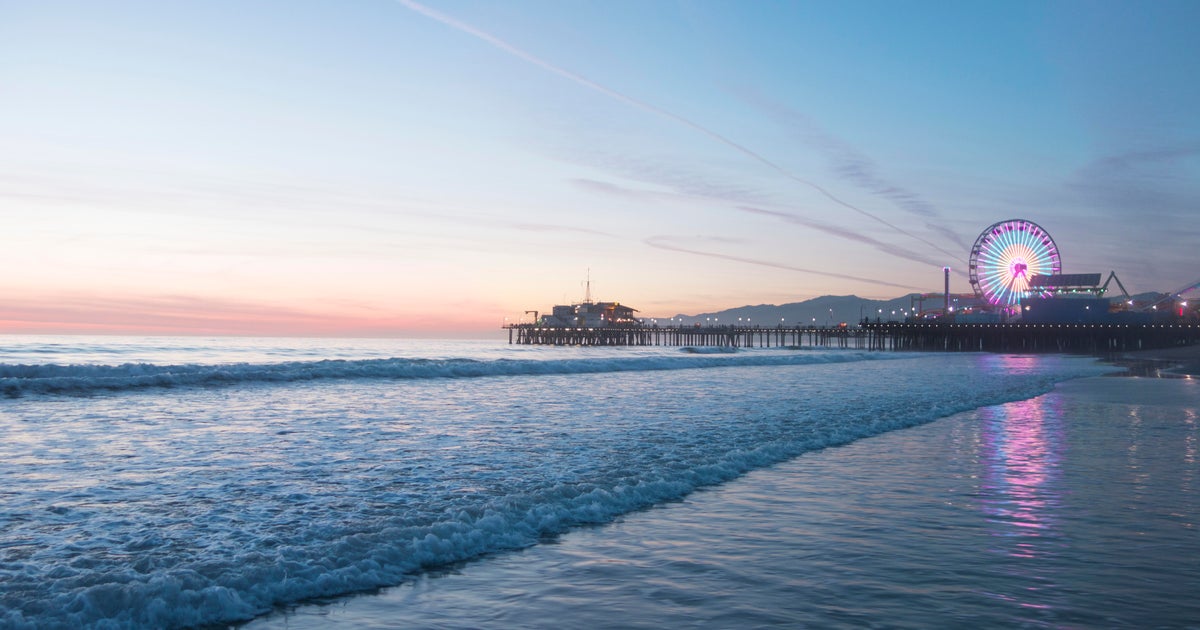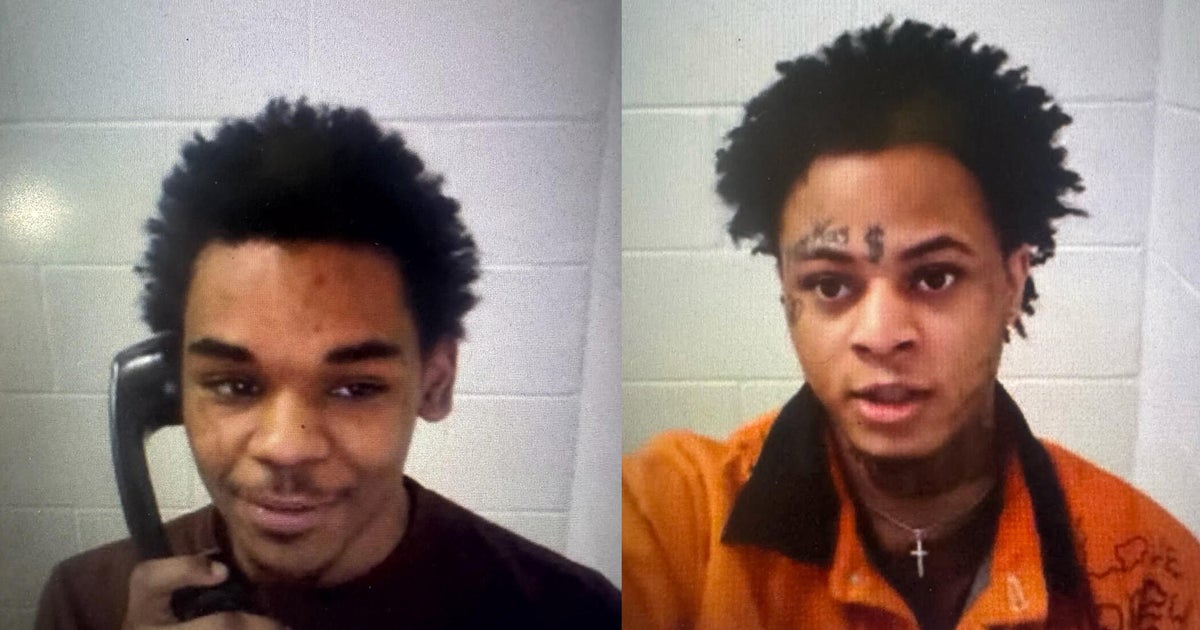Details On Maryland Gambling Bill Released
ANNAPOLIS, Md. (AP) -- Casinos could be able to collect more revenue than currently allowed under the long-awaited details of a bill released Tuesday by Gov. Martin O'Malley's administration ahead of a special session on gambling.
Maryland's 67 percent tax rate on casinos is considered unusually high. Under the bill, casinos could get a lower tax rate if they buy or lease expensive slot machines instead of the state and, in some cases, to make up for added competition from a new casino site in Prince George's County.
Lawmakers are scheduled to convene Thursday for a special session to consider allowing table games such as blackjack and a sixth casino, which would be near the nation's capital. O'Malley and lawmakers have been wrangling for months over how to create more jobs and make more money for the state on what has been a perennially difficult issue.
Joseph Bryce, O'Malley's chief legislative officer, said he believes the measure carefully addresses concerns that prevented passage in the regular 90-day session this year and created difficulties for a work group of lawmakers in June. Bryce said the aim was to consider better data, treat people fairly, keep Maryland competitive with neighboring states and generate more money for the state.
"We think we've done that," Bryce told reporters Tuesday night. "We think that we have gotten the expert advice that many thought wasn't there last time this was considered."
A fiscal analysis earlier this year estimated the state would generate more than $200 million annually in additional revenue from a gambling expansion, once table games and the added casino were up and running.
A key part of the bill relates to how much money casino operators would keep. A new Prince George's site, which could not open until 2016, would involve competitive bidding. A casino bidder could propose keeping 33 percent of the proceeds, as the law is now, or seek up to 38 percent. A Prince George's casino would require voter approval in the county, in addition to the statewide voter approval that would be needed to expand gambling.
Developers at National Harbor are eager to build a casino with Las Vegas casino giant MGM Resorts International. Penn National Gaming Inc., which owns Rosecroft Raceway in Prince George's, also is interested in developing a casino there.
To ease concerns about added competition from a Prince George's site, a casino in Anne Arundel County and one planned in Baltimore would get an additional 5 percent in slot machine revenue on top of the 33 percent currently allowed. However, the money would have to be spent on marketing, advertising, promotional costs or capital improvements at facilities to help them stay competitive in a new market.
Casino owners in Baltimore and Anne Arundel County could later ask for an additional 5 percent of slot machine proceeds, after a thorough review and approval by a new state commission that will oversee gambling. The Maryland General Assembly would have two legislative sessions to rescind the added revenue.
In addition, the measure would allow casinos to receive an additional 6 percent of gambling proceeds, if they buy or lease their slot machines. The state now must own or lease the expensive machines. Maryland has spent more than $100 million so far on them, and the state is expected to save money under the change.
The Ocean Downs casino near Ocean City would have its share of slot machine proceeds rise from 33 percent to 43 percent on July 1, if the facility has less than 1,000 machines and spends at least 2.5 percent of the proceeds on capital improvements each year. That casino also would get some loosening of restrictions on live entertainment.
A planned casino at Rocky Gap Lodge and Resort, which now is set to get 50 percent of slot machine proceeds for the first 10 years of operation, would get 43 percent after that.
The legislation also would reshape the State Lottery Agency as the State Lottery and Gaming Control Agency, whose members would be appointed by the governor with the advice and consent of the Senate.
The measure would tax table games at 20 percent. State analysts have estimated they would generate between $45 million and $51 million a year for the state.
The State Lottery and Gaming Control Commission would immediately begin the process to authorize table games, which could begin operating in Maryland by early next year.
The measure also would ban political donations to candidates and parties by gambling companies.
The bill does not include plans to allow Internet gambling, an idea that had been floated in recent weeks.
Casinos could be open 24 hours, seven days a week, under the bill.
(Copyright 2012 by The Associated Press. All Rights Reserved.)
